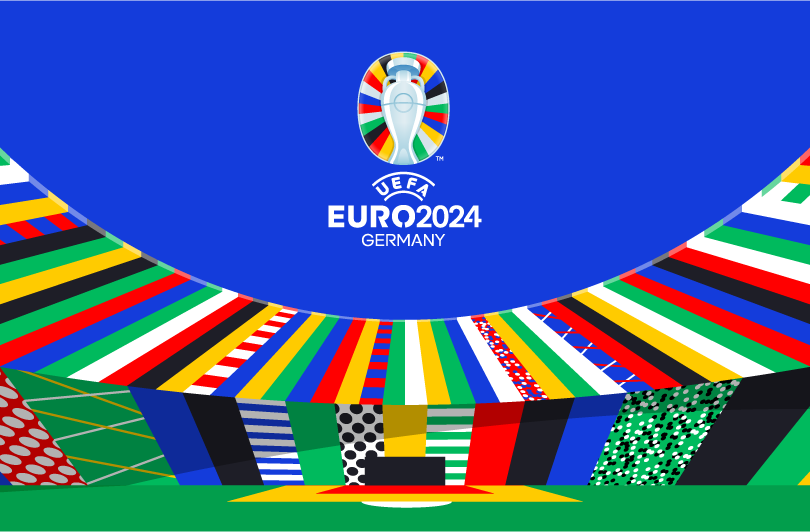June 11 – UEFA has re-emphasised its commitment to protecting human rights during the Euro 2024 finals outlining measures to ensure the welfare and safety of players and spectators.
UEFA said the “initiatives reflect UEFA’s dedication to creating an inclusive, respectful and secure environment for everyone involved in the tournament.”
Key focus areas in what is a bold and groundbreaking programme, announced via UEFA’s human rights declaration for Euro 2024 made last November, are:
• Ensuring the tournament is accessible to all, including people with disabilities
• Promoting a culture of inclusivity and respect for diversity among all participants and spectators
• Implementing measures to prevent and address all forms of discrimination
• Safeguarding the physical and mental health of everyone involved in the tournament
Included in the new detail is a grievance mechanism that allows anyone affected to file a confidential online report in their own language. The mechanism will be independently by the German law firm Rettenmaier with UEFA saying it is” free to use and non-discriminatory, ensuring that everyone has equal access to report human rights violations.”
UEFA will also operate a rapid response mechanism across all venues designed to provide immediate assistance to spectators who feel harassed, discriminated against, threatened or otherwise unsafe.
Following a commitment to actively involve fans in shaping the EURO 2024 experience, UEFA has appointed fan welfare coordinators in each host city, who will:
• Oversee activities and programmes designed to enhance the fan experience
• Ensure the consistent application of measures to prevent, mitigate and report any human rights violations
• Foster open communication and collaboration with fan groups to address their concerns and suggestions
All of this will be overseen bu a UEFA EURO 2024 human rights board made up of representatives from NGOs and expert stakeholders, including the Centre for Sport and Human Rights, Transparency International (Germany), Football Supporters Europe, the Sport and Rights Alliance, Reporter Ohne Grenzen, Kick In and the German Institute for Human Rights.
The human rights board will provide expert guidance on human rights issues related to the tournament; serve as a central point of information; facilitate communication and collaboration among stakeholders to share perspectives and shape best practices; and make recommendations on the operational implementation of relevant policies and actions.
“For us, social responsibility is not about compliance. Human rights for sporting organisations cannot be just about having a nicely worded policy or initiative. Human rights should be inherent in everything we do,” said UEFA general secretary Theodore Theodoridis.
Contact the writer of this story at moc.l1722044303labto1722044303ofdlr1722044303owedi1722044303sni@n1722044303osloh1722044303cin.l1722044303uap1722044303

